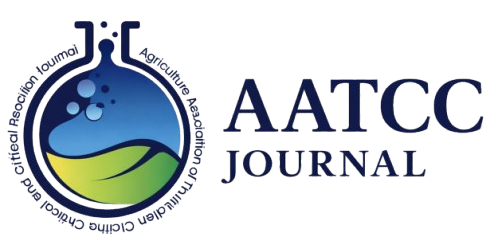Corresponding Author: unirupanagudi@gmail.com
Abstract
Women are the backbone of agricultural workforce but worldwide her hard work has mostly been unpaid. She does the most tedious and back-breaking tasks in agriculture, animal husbandry and homes. Farmwomen’s participation was crucial in various operations such a sowing/transplanting (86%), weeding (84%), storage of grains (78%), land preparation (72%), cleaning seed for sowing (70%), gap filling (68%), manure and fertilizer application (68%), harvesting (64%), and threshing and winnowing (62%).During the peak season of sowing and harvesting rural women spend 8-9 hours in the field. Women’s contribution to the operations related to wheat and rice cultivation is significantly higher than that of men in terms of man days of work done. All of these activities contribute to anincrease in the physiological costs and physical loads to a great extent. It also causes unbalancing of the body with heavy workloads. Musculoskeletal disorders are common among farm workers especially lower and upper back disorders due to bending and squatting body posture in manual rice transplanting and uprooting activity. Considering the above facts and point of view, it was proposed to investigate changes in the physiological responses and perceived exertion due to heavy workloads and body postures in rice production system. to better understand how the manual rice production system activity perform, identify potential health risk factors, and gain insight into the health effects of the task.
